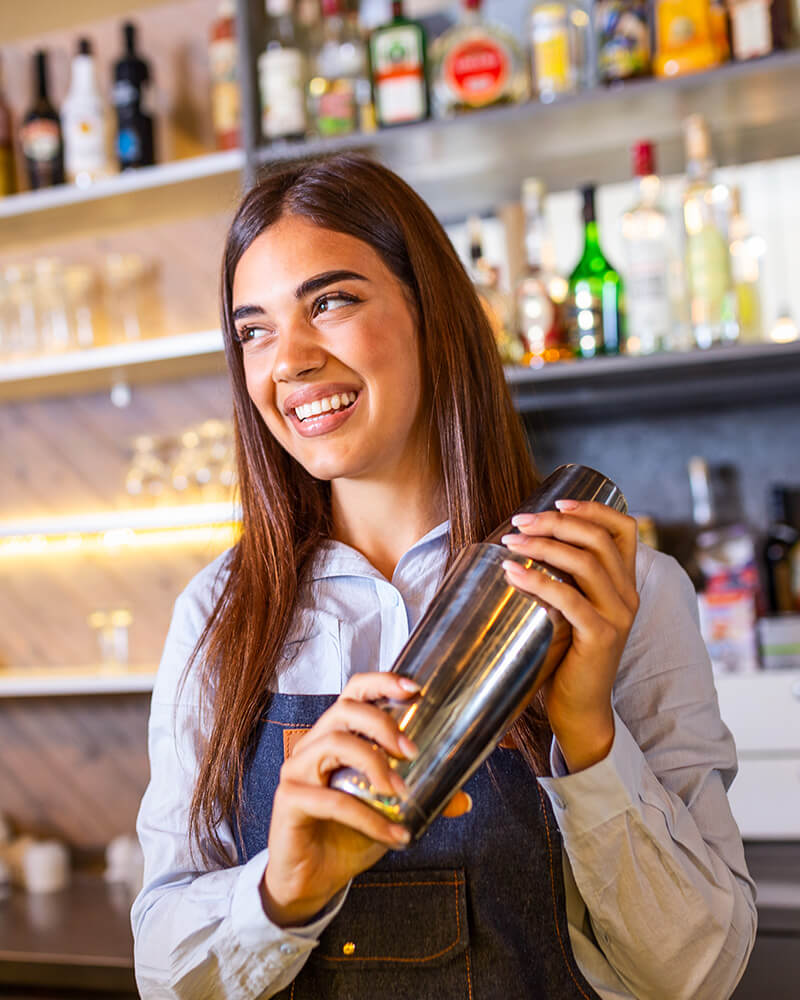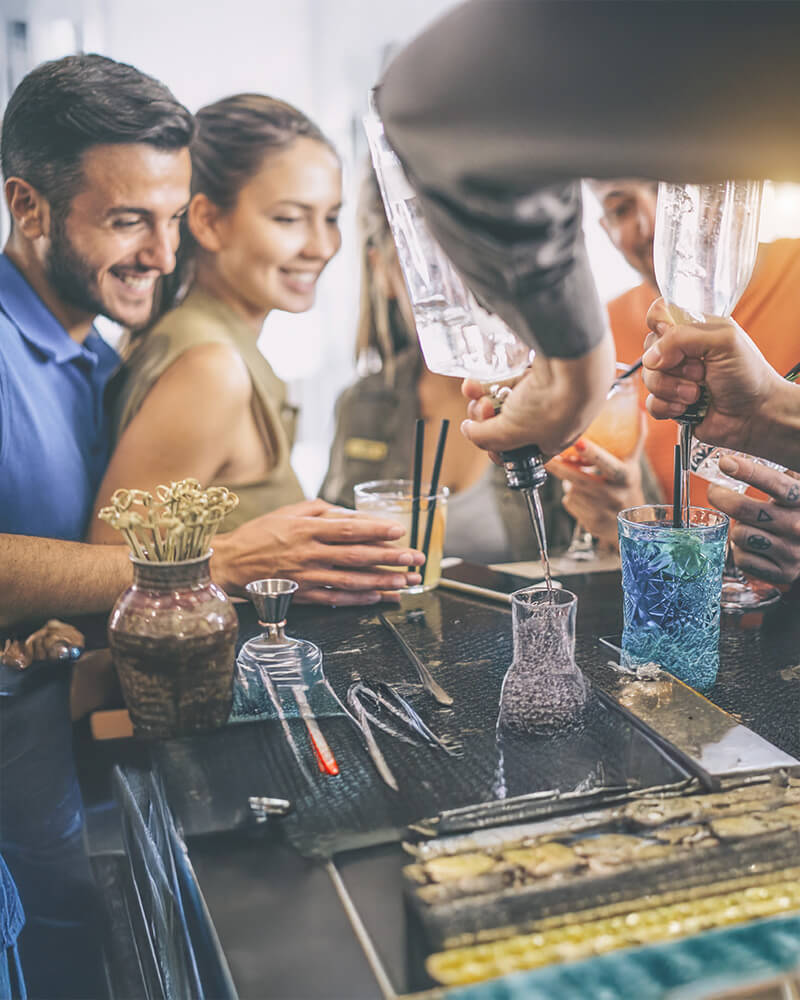Bartender training transcends the mere act of pouring drinks; it’s a critical component of public safety and legal compliance. A well-trained bartender acts as a frontline defense against alcohol-related incidents, safeguarding both patrons and the establishment. Understanding visible intoxication, navigating Dram Shop laws, and mitigating liquor liability are essential skills that every bartender must possess.
Recognizing visible intoxication is the cornerstone of responsible alcohol service. It’s not about measuring blood alcohol content; it’s about observing and interpreting behavioral cues. Slurred speech, impaired coordination, flushed faces, and erratic behavior are telltale signs. Bartenders should also be attuned to subtler indicators like patrons ordering excessive amounts of alcohol or attempting to conceal their level of inebriation. Training programs must equip bartenders to accurately assess these signs and take appropriate action.
However, recognizing intoxication is only the first step. Bartenders must also be empowered to refuse service without escalating tensions. Role-playing scenarios can simulate challenging situations, allowing bartenders to practice firm but polite communication techniques. Knowing when to involve management or security is equally crucial. Clear, written policies regarding intoxication and intervention provide a framework for action, ensuring consistency and accountability.


– Preston Rideout
Dram Shop laws further underscore the importance of responsible alcohol service. These laws hold establishments liable for injuries or damages caused by intoxicated patrons they overserve. Bartenders must understand the legal implications of serving someone who is visibly intoxicated, including potential civil and criminal penalties. Training programs should include state-specific education on Dram Shop laws, ensuring bartenders are aware of their legal obligations.
Liquor liability extends beyond Dram Shop laws, encompassing broader responsibilities for the actions of intoxicated patrons. Bartenders must understand the potential consequences of overserving, including the risk of contributing to drunk driving accidents or other alcohol-related incidents. This awareness fosters a culture of responsibility and encourages bartenders to prioritize patron safety.
Furthermore, bartender training should address local ordinances and regulations, such as legal drinking age requirements and permitted hours of alcohol service. Ensuring compliance with these regulations prevents legal violations and protects the establishment’s reputation.
Beyond formal training, establishments must cultivate a culture of responsible alcohol service. This includes clear policies and procedures, managerial support for bartenders who refuse service, and ongoing education to reinforce essential concepts. Regular refresher courses and scenario-based training help bartenders maintain their skills and adapt to evolving situations.
In essence, bartender training is an investment in public safety and legal compliance. By equipping bartenders with the knowledge and skills to recognize intoxication, refuse service responsibly, and understand the legal implications of their actions, establishments can mitigate risks and protect both their patrons and their businesses. Responsible alcohol service is not just a legal obligation; it’s a moral imperative.

Preston Rideout, CEO of Dram Shop Experts, consults on nightclub and bar operations, specializing in alcohol service and liability. As a consultant, Preston offers training, design, and expert witness testimony, leveraging extensive Las Vegas venue management experience.
Mail: [email protected]
Sat & Sun: CLOSED
662-466-6045
Contact us now for a quote about consultation ( Available 24/7 )
© 2025 - Preston Rideout by TheDAMLab - The Design & Markeitng Lab